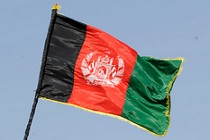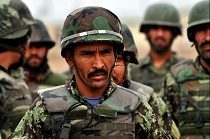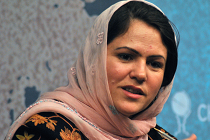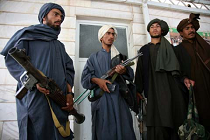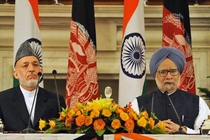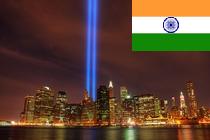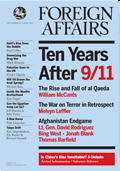Afghanistan presidential elections
The Guardian newspaper carried a quote by Sameer Patil, Associate Fellow, National Security, Ethnic Conflict & Terrorism studies, Gateway House analysing the importance of successful elections in Afghanistan and its impact on the Taliban


